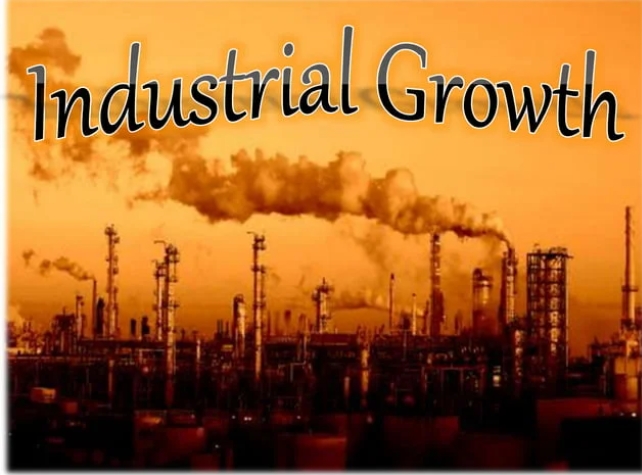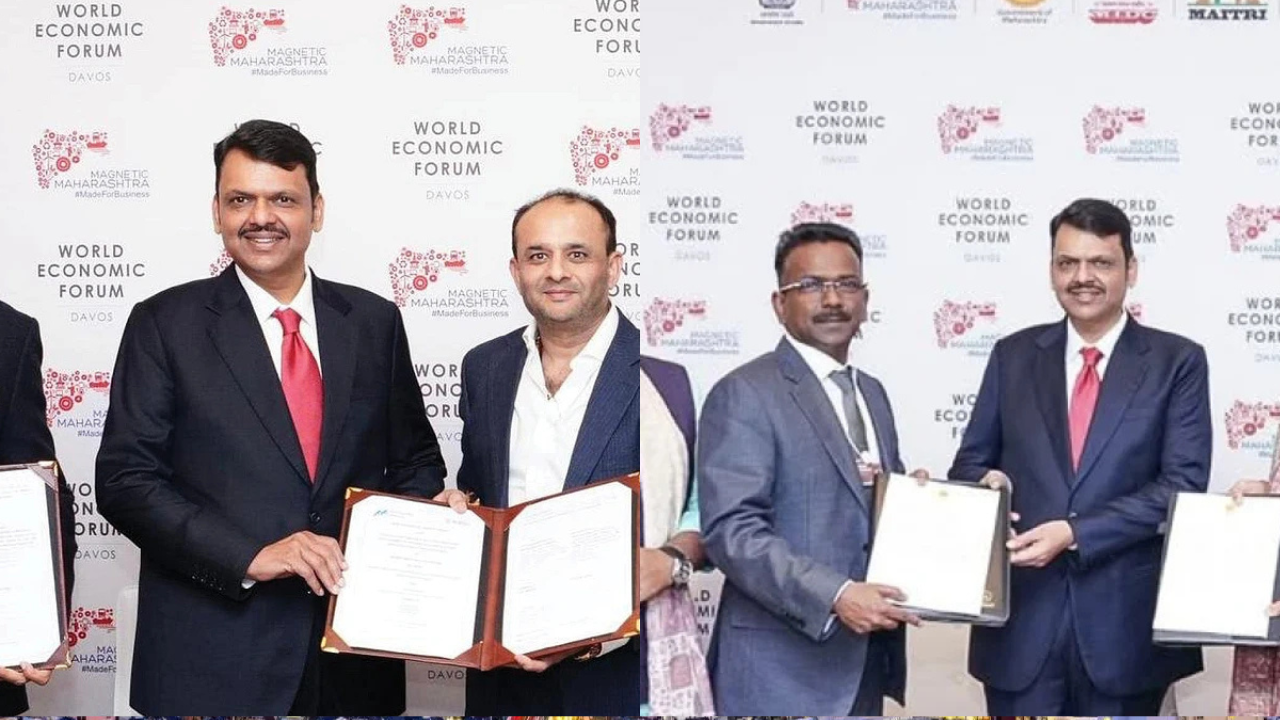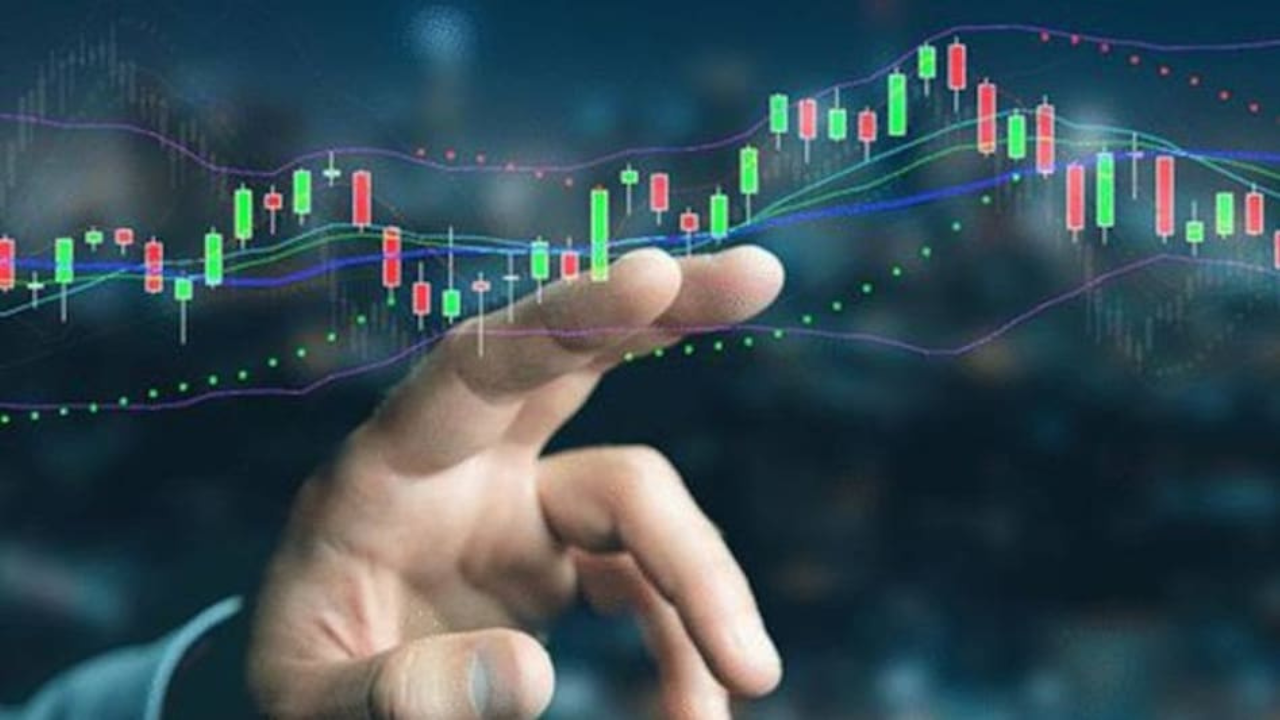Industrial growth can indeed contribute to economic development by generating employment opportunities, fostering technological advancements, increasing productivity, and boosting overall economic output.
However, sustainable economic development requires considerations beyond just industrial growth, such as social equity, environmental sustainability, and inclusive growth strategies.
1. **Job Creation**: Industrial growth leads to the creation of jobs across various sectors, including manufacturing, construction, transportation, and services, which contributes to reducing unemployment rates and improving living standards.
2. **Increased Productivity**: Industrialization often involves the adoption of advanced technologies and efficient production methods, leading to increased productivity. This can result in higher output per worker and lower production costs, ultimately boosting economic growth.
3. **Infrastructure Development**: Industrialization requires the development of infrastructure such as roads, ports, and power plants to support manufacturing activities. This infrastructure development not only facilitates industrial growth but also enhances connectivity and trade, benefiting the overall economy.
4. **Income Generation**: Industrialization can lead to higher incomes for workers, as industries typically pay higher wages compared to agricultural or informal sector jobs. This increase in income can stimulate consumer spending, further driving economic development.
5. **Diversification of Economy**: A robust industrial sector diversifies the economy away from over-reliance on agriculture, making it more resilient to external shocks and market fluctuations. It also promotes innovation and the development of new industries, laying the foundation for sustained economic growth and development.
For more information visit at www.happenrecently.com
















